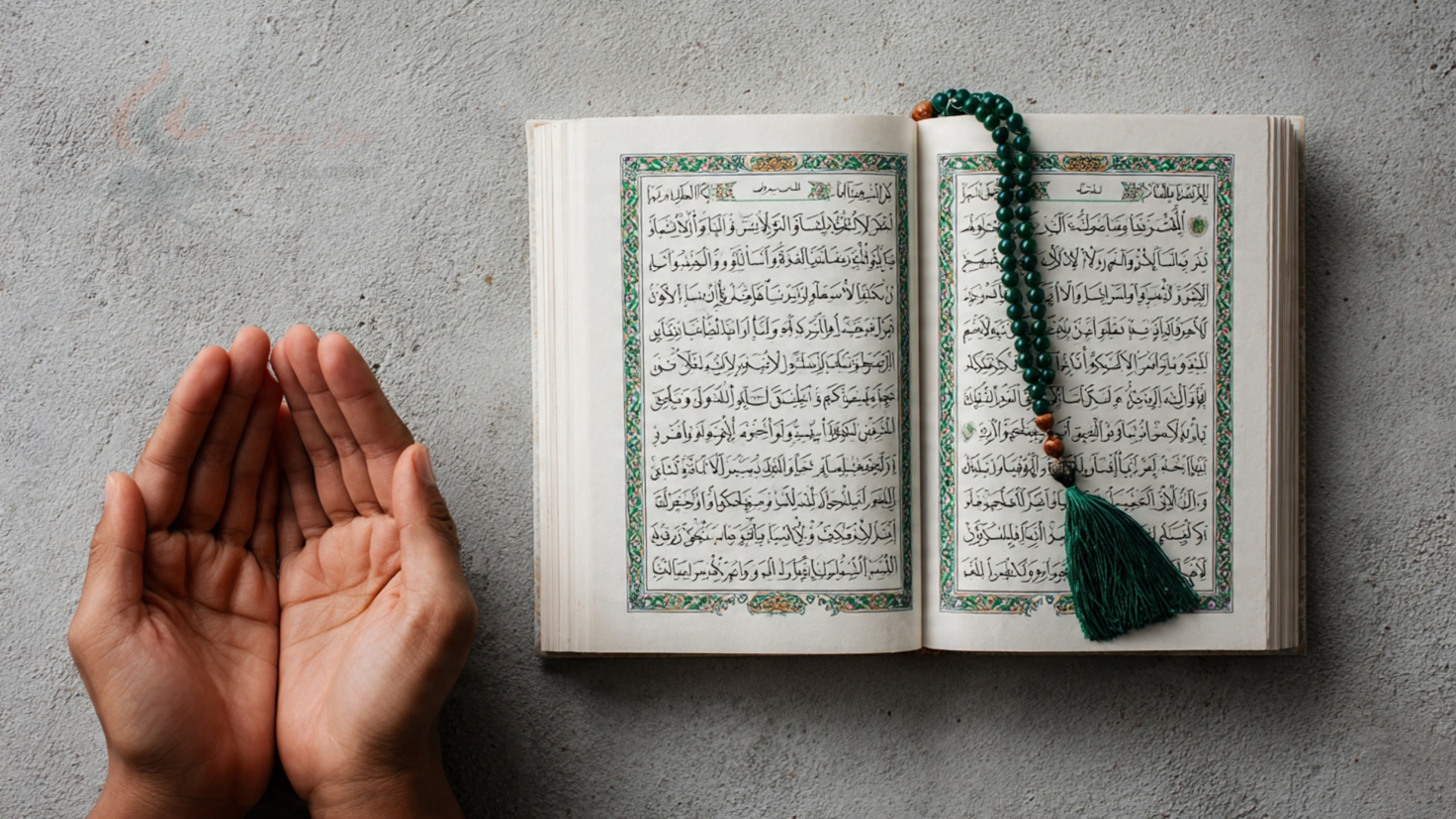Islamic practice features Sunnah prayers as essential spiritual performance which enhances Muslim connection with Allah above required prayers. All of Prophet Muhammad (PBUH) followed Sunnah prayers on a regular basis. Sunning-up prayers allow believers to enhance their devotional practices which results in spiritual benefits both during human life and the life to come.
Multiple researchers and scholars establish how Islamic Sunnah prayers bring extensive advantages to Muslims. The following studies confirm that Sunnah prayers serve to compensate for incomplete obligatory rituals and provide multiple rewards in Heaven especially when performing twelve Sunnah rak’ahs each day will gain you a Paradise home.
The performance of each prayer leads to increased faith while developing a stronger emotional connection to Allah. Start your day by performing one or two Sunnah rak’ahs multiple times each day to reach spiritual excellence through gradual progress. Through these devotions of prayer, the soul reaches both internal tranquility and external attainment. The concise guide elaborates on Sunnah prayers by explaining their value to worshipers and their advantages alongside methods to incorporate them into everyday routines.
Understanding Sunnah Prayers: An Overview
Sunnah prayers represent supplementary prayers that the Prophet Muhammad (PBUH) performed along with his necessary prayer duties. People should perform these prayerful actions even though they lack mandatory status. Sunnah prayers lead people to obtain additional blessings that benefit their existence and their upcoming life.
These prayers provide gentle inclusion points for existing practices, which makes their addition straightforward. Prophet Muhammad (PBUH) always performed these voluntary prayers, which people can use to follow his practices he revered.

The Importance of Sunnah Prayers in Islam
The worship activities of Muslims gain enhancement through performing Sunnah prayers. These optional prayers channel all necessary fard (obligatory) prayer performance deficiencies into complete divine devotion practices. The practice of these prayers gives believers a spiritual reward when they work diligently to improve their faith.
The Prophet transmitted numerous statements that stress the significance of Sunnah prayers. Those who daily conduct their voluntary prayers with 12 units (rak’ahs) receive the blessing of Paradise, constructing a residence for them. By receiving this great reward, did you demonstrate your understanding of the sacred value that Sunnah prayers bring to everyday life?
Through Sunnah prayers Muslims develop both humility and gratitude which help them recognize Allah’s numerous blessings. Historical Islamic teachings show that performing these prayers consistently enables people to obtain deep patience together with inner peace while developing closeness toward God.
Types of Sunnah Prayers: Voluntary and Regular
The voluntary Sunnah category consists of several sub-groups.
1. Sunnah Mu’akkadah (Regular Sunnah)
Prophet Muhammad (PBUH) strongly practiced and preached these prayers to all his followers. Examples include:
- Two rak’ahs before Fajr
- Four rak’ahs before and two after Dhuhr
- Two rak’ahs after Maghrib
- Two rak’ahs after Isha
One requires these prayers to maintain their spiritual duties.
2. Sunnah Ghair Mu’akkadah (Voluntary Sunnah)
Additional prayers performed by the Prophet only occasionally constitute this category. Examples include:
- Four rak’ahs before ‘Asr
- Two rak’ahs before Maghrib
- Two rak’ahs before Isham
Prayers of lesser stress from the Sunnah group provide believers with rewards while strengthening their bond with Allah.
How Sunnah Prayers Complement Obligatory Salah
All obligatory prayers receive additional benefit from Sunnah prayers because they address any incomplete or incorrect worship. During Fard salah periods, it is possible to lose concentration or make unintentional mistakes. The Prophet (PBUH) revealed during Judgment Day that Sunnah prayers will compensate for any mandatory prayer elements that someone has missed.
Sunnah salah provides both spiritual preparation and cooling elements that enable the heart to achieve complete devotional states surrounding obligatory prayers. The pair of acts before Fajr serve to enhance awareness and spiritual linkups in the early morning hours.
The Spiritual Benefits of Performing Sunnah Prayers
Participating in Sunnah prayers leads to significant divine benefits for the believer. These include:
- The Islamic narrations promise believers who pray continuously a promise of obtaining a place in Paradise.
- Performing Sunnah prayers generates inner peace by calming the emotions as they eliminate anxiety to produce spiritual serenity.
- These voluntary prayers develop both discipline and religious dedication in Muslim believers.
- Prayer serves as an opportunity to draw nearer to Allah, which results in creating an everlasting bond through your practice of devotion.
Recommended Sunnah Prayers Throughout the Day
Sunnah prayers will become comfortable for you if you perform them after your required prayers. Below are practical examples:
Before Obligatory Prayers
- Two rak’ahs before Fajr
- Four rak’ahs before Dhuhr
After Obligatory Prayers
- Two rak’ahs after Dhuhr
- Two rak’ahs after Maghrib
- Two rak’ahs after Isha
Special Prayers
- People who practice Tahajjud worship with complete devotion because they offer this prayer after midnight.
- Continuous Witr prayer emerges after Isha as one of the final nighttime supplicatory prayers.
- Duha prayer occurs during the middle of the day to help believers express thankfulness for their everyday provisions.
- Istikhara functions as a prayer system that assists individuals in obtaining guidance during important decision-making situations.
At the core of experiencing true reward from these Islamic prayers stands consistency in their performance.
Common Misconceptions About Sunnah Prayers
People do not experience the complete advantages of Sunnah prayers because various misconceptions stand in their way. These prayers are not necessary because they are voluntary, according to certain perceptions. Several individuals adopt the incorrect belief that performing all voluntary prayers becomes essential for obtaining benefits.
Tips for Incorporating Sunnah Prayers into Daily Life
The practice of performing Sunnah prayers seems complex initially, but proper scheduling techniques make these rituals feasible.
- The beginning step should involve performing two rak’ahs from a specific Sunnah prayer and moving up from there.
- People should combine Sunnah prayers with their required daily prayers to establish lasting prayer habits.
- You should either use reminders or select time slots immediately following other activities to apply Sunnah prayers into your schedule.
- By focusing on spiritual benefits, you will gain the motivation needed to carry on.
- Establish a habit of praying with others in a congregation since group worship maintains steady practice.
The practice of Sunnah prayers leads to the continuous development of spiritual discipline in daily life.
The Role of Islamic Sunnah Prayers in Personal Development
Practicing Islamic Sunnah prayers leads believers toward spiritual development in addition to their religious practice. Self-discipline emerges together with consistency, while patience follows suit in this practice. These behaviors transfer across life domains to provide people better resistance against obstacles and stronger performance of duties. Muslims develop spiritual strength along with humility and thankfulness because of their binding prayers to Allah.
Extending your devotion to non-mandatory worship helps you emphasize faith as a higher priority than all worldly pursuits. Such equilibrium produces enhancements in spiritual experiences together with personal growth.
Conclusion
The voluntary prayers of Muslims lead them to inner peace combined with a disciplined lifestyle which generates infinite blessings for their eventual life after death. Each prayer started from any number of five Sunnah practices serves to demonstrate your devotion to worship and build a stronger bond with faith. The prayers bring spiritual elevation that anyone should take advantage of immediately.
You should start implementing Sunnah prayers into your daily routine now. Initiate your day by performing two rak’ahs then gradually develop from there. Making this regular spiritual practice will create a life filled with greatness and permanent attachment to Allah. All your sincere prayers will lead you toward Paradise.




